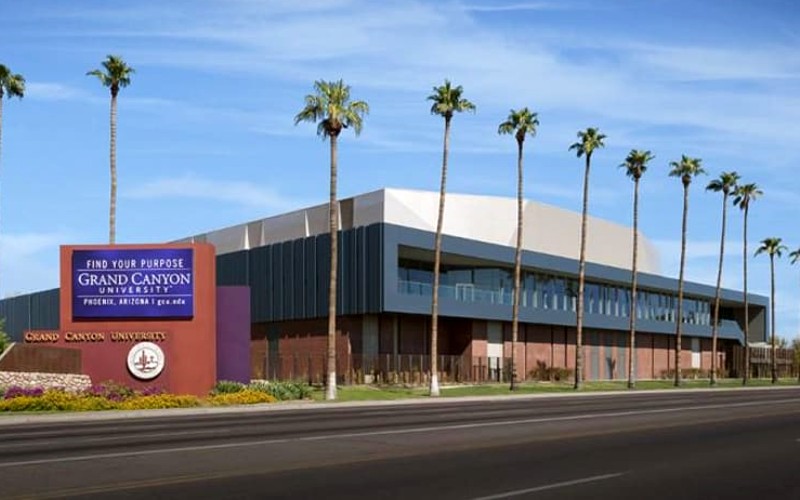As Biden administration officials and others shout rebukes at the Alabama Supreme Court, they're missing a key point in the discussion. So says Mary Szoch, director of the Center for Human Dignity at the Family Research Council. She said on Washington Watch Friday that a real concern overlooked right now is how hospitals and clinics haphazardly handle human life.
The Alabama Supreme Court's decision earlier this month to grant embryos used in the in vitro fertilization process the same protection as unborn children has been at the top of the news cycle of late. Vice President Kamala Harris last week ripped the Alabama justices.
"On the one hand, proponents are saying that an individual doesn't have a right to end an unwanted pregnancy; and on the other hand, the individual does not have the right to start a family. The hypocrisy abounds on this issue," Harris told a gather of reporters at a pro-abortion event in Michigan, a key battleground state in this fall's presidential election.
The wrongful death case that reached Alabama's highest court was brought by three families whose embryos were destroyed by a wandering patient at a Mobile hospital who handled and then dropped them.
The Alabama justices referenced an 1872 state law allowing parents to sue over the death of a minor child. They concluded the law "applies to all unborn children regardless of their location."
In vitro fertilization (IVF) is a common approach for women seeking to become pregnant. It's a Latin term meaning outside the natural biological environment. The process takes an egg from a woman's ovaries to fertilize it in a lab with male sperm to form an embryo. After the embryo has developed, one or more can be transferred to the woman's uterus. Development may take several days.
In the aftermath of last week's ruling, the state's premiere hospital system paused IVF procedures, it announced Wednesday, citing concerns for potential criminal prosecution.
Big profits but little effort to protect embryos
Szoch told show host Jody Hice that loose care procedures for fertilized eggs are being exposed – as well as the fact that the IVF industry is taking advantage of hopeful parents with few pregnancy options.

"The IVF industry has an incentive for couples not to be pregnant during the first round [of treatment]. The IVF cycles cost upwards of $15,000 per round – somewhere between $15-30,000. [So] the longer it takes for you to get pregnant, the more money the IVF industry is racking up," she explained.
"When we see the hospital in Alabama has to shut down their IVF clinic, what is it that you're doing that you couldn't actually ensure that some random person doesn't walk in and destroy the children that these couples, who have struggled with infertility for years, have created?" she asked.
Those who claim the decision is an assault on reproductive rights are also ignoring Alabama state law, Szoch argued. The state, with 59.2% of the vote, passed a pro-life measure in 2018 that prohibits state funds from being used for abortion.
"Fifty-nine percent of people in Alabama voted to declare that unborn children are worthy of protection," the FRC spokeswoman emphasized. "This is the Alabama Supreme Court [now] saying, Hey, we can't make exceptions because you're an IVF clinic that's going to profit off the hopes and dreams of women in massive amounts. We're not making an exception for you because you're an incredibly lucrative industry. An unborn child is a child no matter where that child is, and that child deserves protection," Szoch said.







